Social media has become a daily habit for millions of people. From scrolling through Instagram to checking X updates or watching TikTok videos, we are constantly connected. While social media keeps us informed and entertained, it also has a dark side, one that can fuel stress, anxiety, and even addiction.
If you’ve ever felt anxious after spending time online, you’re not alone. Many studies suggest that excessive social media use can negatively impact mental health, making people feel overwhelmed, inadequate, and emotionally drained. But why does this happen, and how can you regain control?
How Social Media Triggers Anxiety
While social media is designed to keep us engaged, it often triggers negative emotions without us even realizing it. Here’s how:
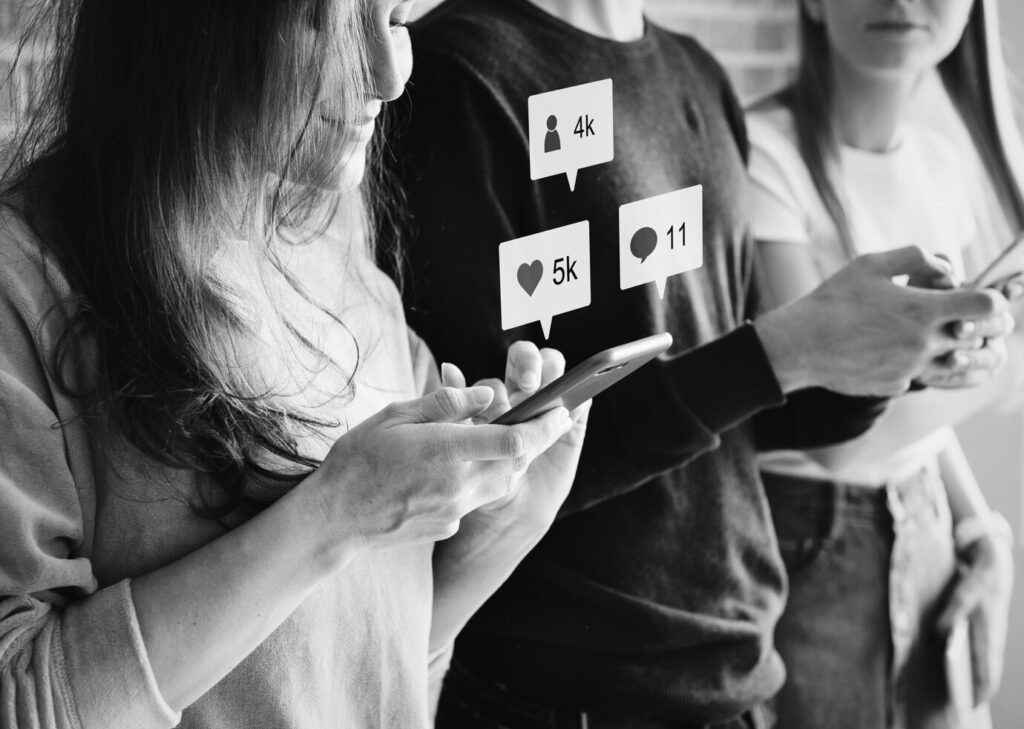
Seeing carefully curated images of other people’s lives can create unrealistic expectations. When you constantly compare yourself to influencers, celebrities, or even friends, you may start feeling inadequate or behind. This can lead to stress and self-doubt, making you feel like you’re never doing enough. Ever felt anxious after seeing friends hanging out without you? That’s FOMO, the fear of missing out. Social media makes it seem like everyone else is living exciting lives while you’re stuck at home. This can create feelings of loneliness, jealousy, and dissatisfaction with your own life.
Many people rely on likes, comments, and shares for validation. If a post doesn’t get enough engagement, it can lead to feelings of rejection or self-doubt. Over time, this can create a cycle of anxiety, where your self-worth depends on how much attention you receive online. Constant exposure to bad news, political conflicts, and social issues can lead to emotional exhaustion. Doomscrolling, spending hours reading negative news can actually increase stress levels and make the world feel overwhelming.
Cyberbullying and Online Negativity
The internet isn’t always a kind place. Many people experience cyberbullying, harsh criticism, or negative comments, which can lead to severe anxiety, depression, and low self-esteem. Even if you’re not personally targeted, witnessing online hate can make social media feel like a toxic space.
Signs You Might Be Addicted to Social Media Stress
Not sure if social media is affecting your mental health? Here are some warning signs:
- You check your phone first thing in the morning and last thing at night.
- You feel anxious or restless when you’re not online.
- You constantly compare your life to others and feel like you’re not good enough.
- You spend hours scrolling without realizing it, often neglecting responsibilities.
- You get upset if a post doesn’t get enough likes or engagement.
- You experience mood swings based on what you see online.
If you relate to several of these, it might be time to take a step back and evaluate your relationship with social media.
How to Break Free from Social Media Anxiety
If social media is adding stress to your life, here are some ways to regain control and protect your mental health.

Set Time Limits
Spending hours online can be draining. Set a daily screen time limit for social media apps to prevent mindless scrolling. Many smartphones have built-in tools that help you track and manage your usage.
Curate Your Feed
Unfollow accounts that make you feel anxious, insecure, or overwhelmed. Instead, follow pages that inspire, educate, or bring you joy. Your feed should be a positive space, not a source of stress.
Take Social Media Breaks
Try a digital detox, whether it’s for a few hours, a weekend, or even a week. Taking a break can help you reset and realize that life exists beyond your screen.
Stop Seeking Validation Online
Your worth is not measured by likes, comments, or followers. Focus on real-life connections, personal growth, and hobbies that bring you joy, without needing approval from others.
Be Mindful of Your Emotions
Pay attention to how social media makes you feel. If you notice anxiety, stress, or frustration, it’s time to log off and do something that relaxes you whether it’s exercising, reading, or spending time with loved ones.
Engage with Real-Life Interactions
Instagram, TikTok or any other social media platform can never replace face-to-face connections. Spend time with friends and family in person. Engaging in real conversations boosts mental well-being and helps reduce feelings of loneliness.
Social media isn’t inherently bad, but too much of it can harm your mental health. By setting boundaries, being mindful of your emotions, and prioritizing real-life interactions, you can enjoy social media without letting it control you. If you feel like social media is making you anxious, take a step back, breathe, and remind yourself that your life is not defined by a screen.
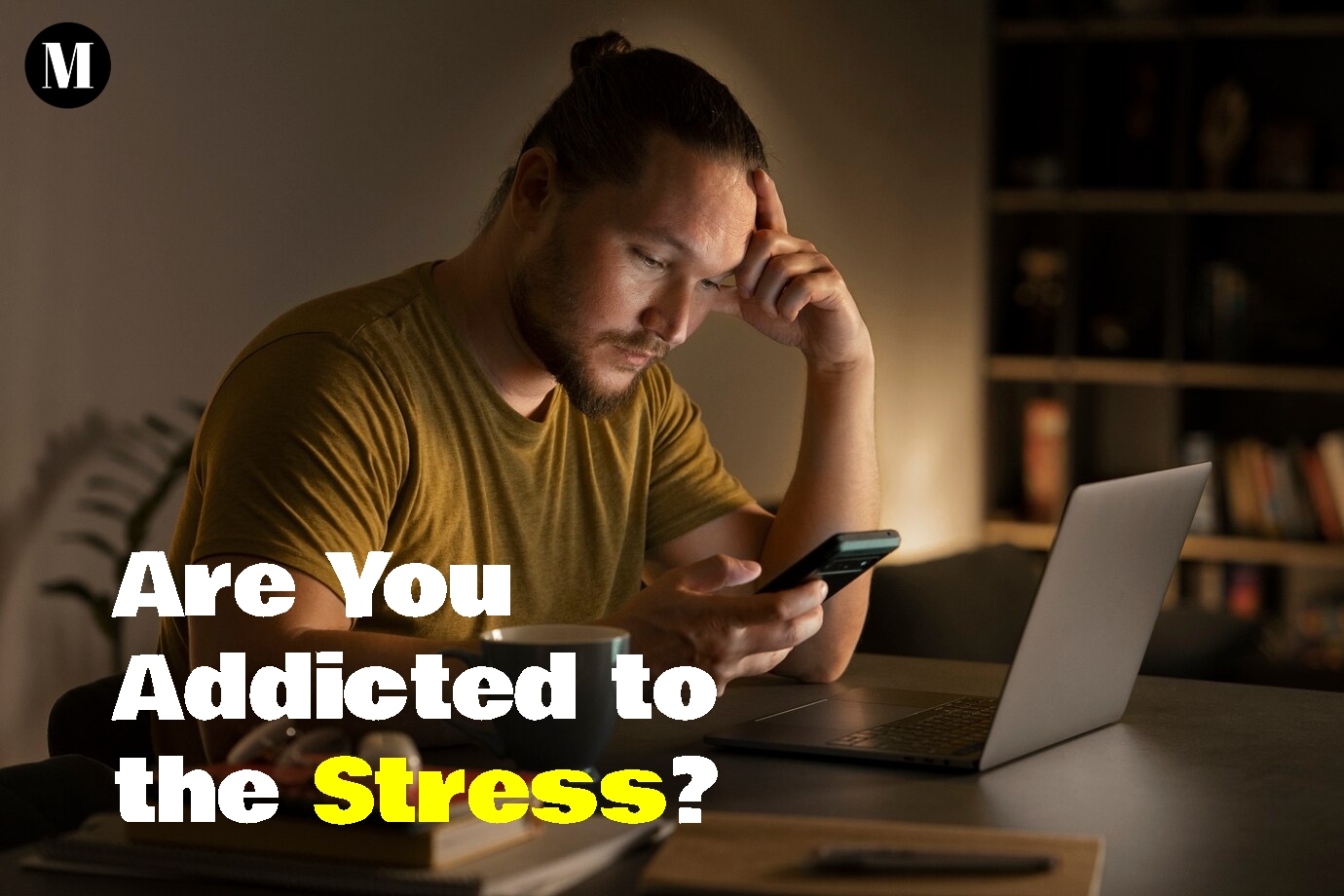
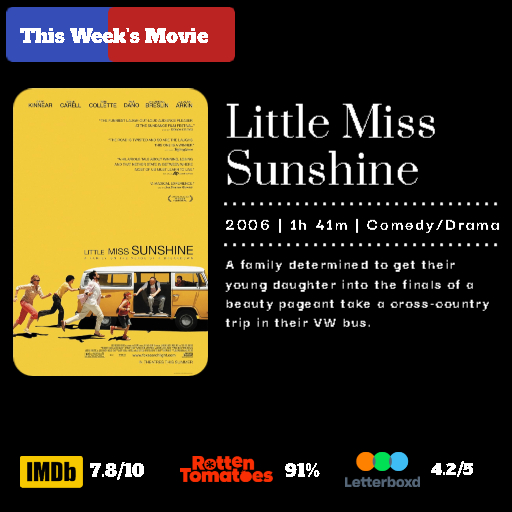






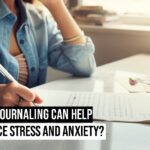


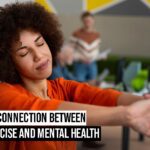
3 thoughts on “Social Media & Anxiety: Are You Addicted to the Stress?”